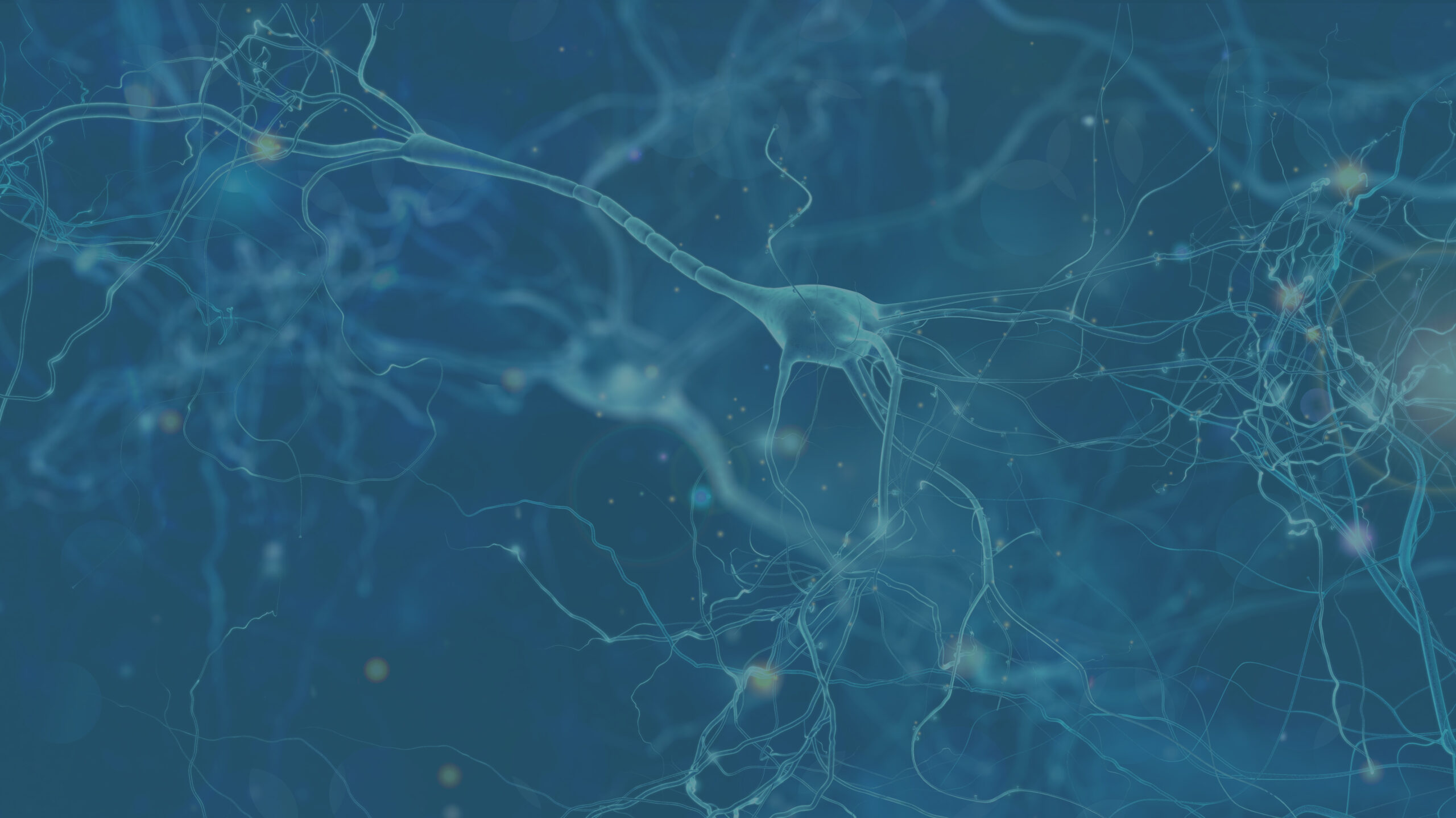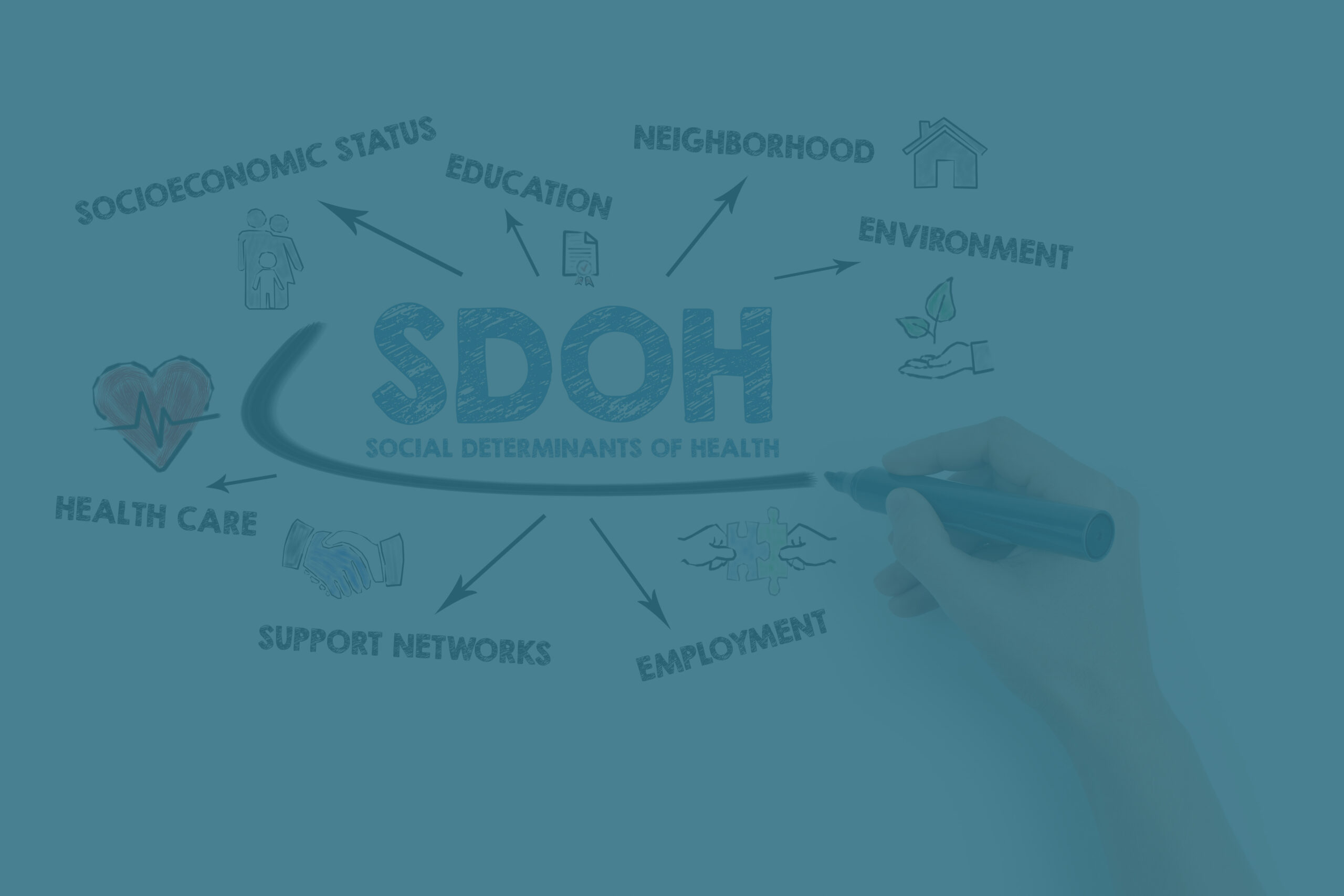The Network on Education, Biosocial Pathways, and Dementia across Diverse Populations (EdDem) is an interdisciplinary group of scientists whose joint expertise in population health, biology, and neurocognition is vital to achieving National Institute on Aging’s goal to reduce educational disparities in Alzheimer’s disease and related dementias (ADRD).

The EdDem Network brings together new, emerging, and established researchers from the clinical and social sciences to advance scientific understanding of how education relates to ADRD disparities by exploring the socioeconomic, social, psychological, and biological mechanisms that shape resilience and risk and identifying if these patterns differ by race and ethnicity, gender, and/or geography.
Via a coordinate program of workshops, webinars, mentoring, and pilot research projects, the EdDem Network aims to facilitate research collaboration and professional development to advance science in three critical areas:

Critical Area 1:
Early life factors and the education—dementia relationship

Critical Area 2:
Mid-life socioeconomic, social, and psychological mediators of education and dementia

Critical Area 3:
Biological mechanisms linking education to dementia






